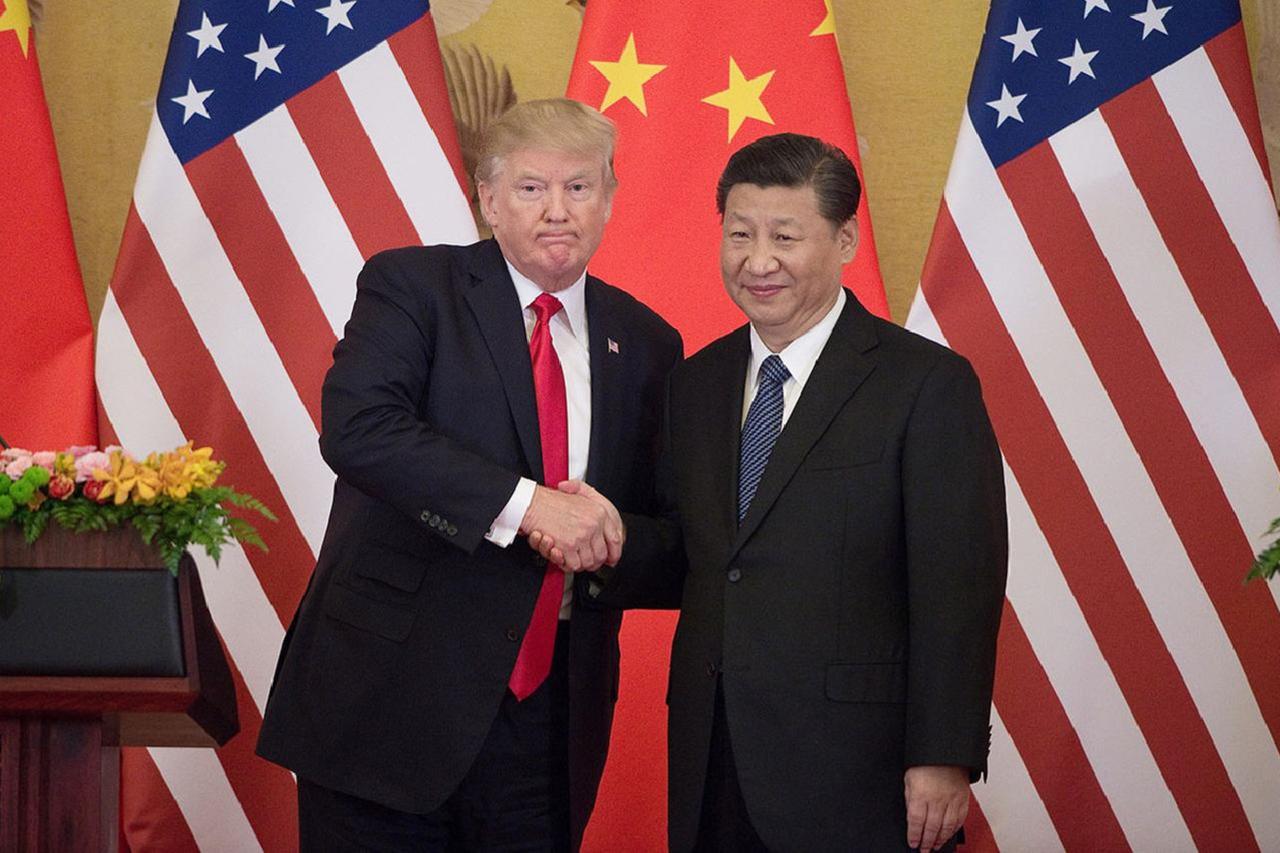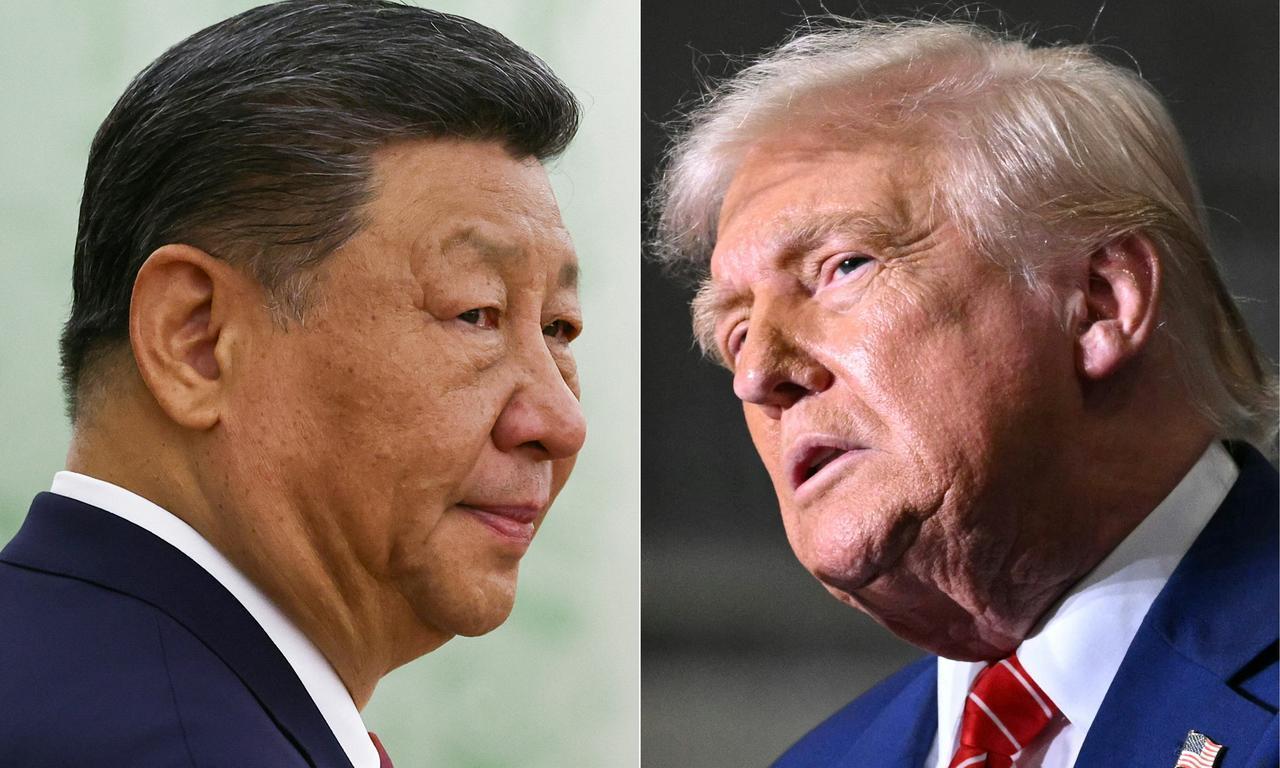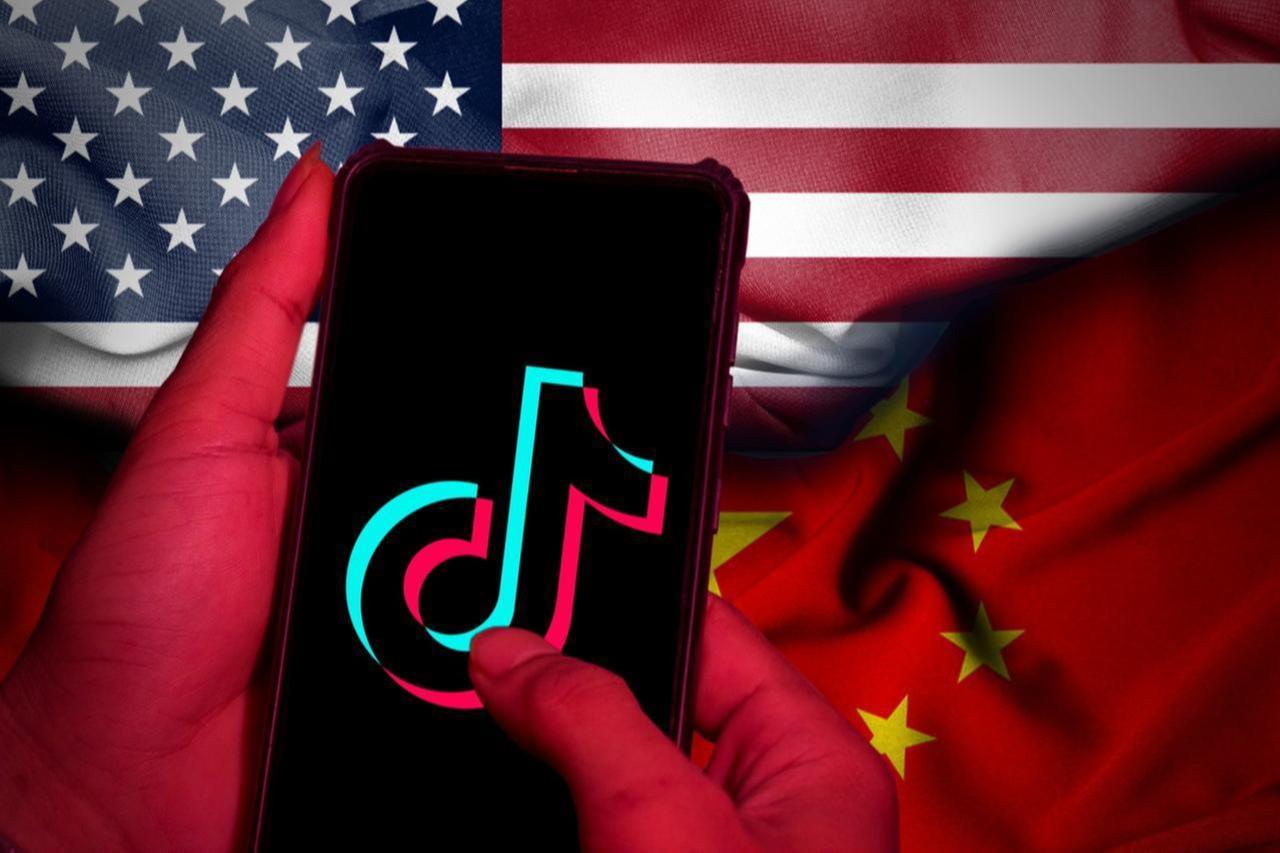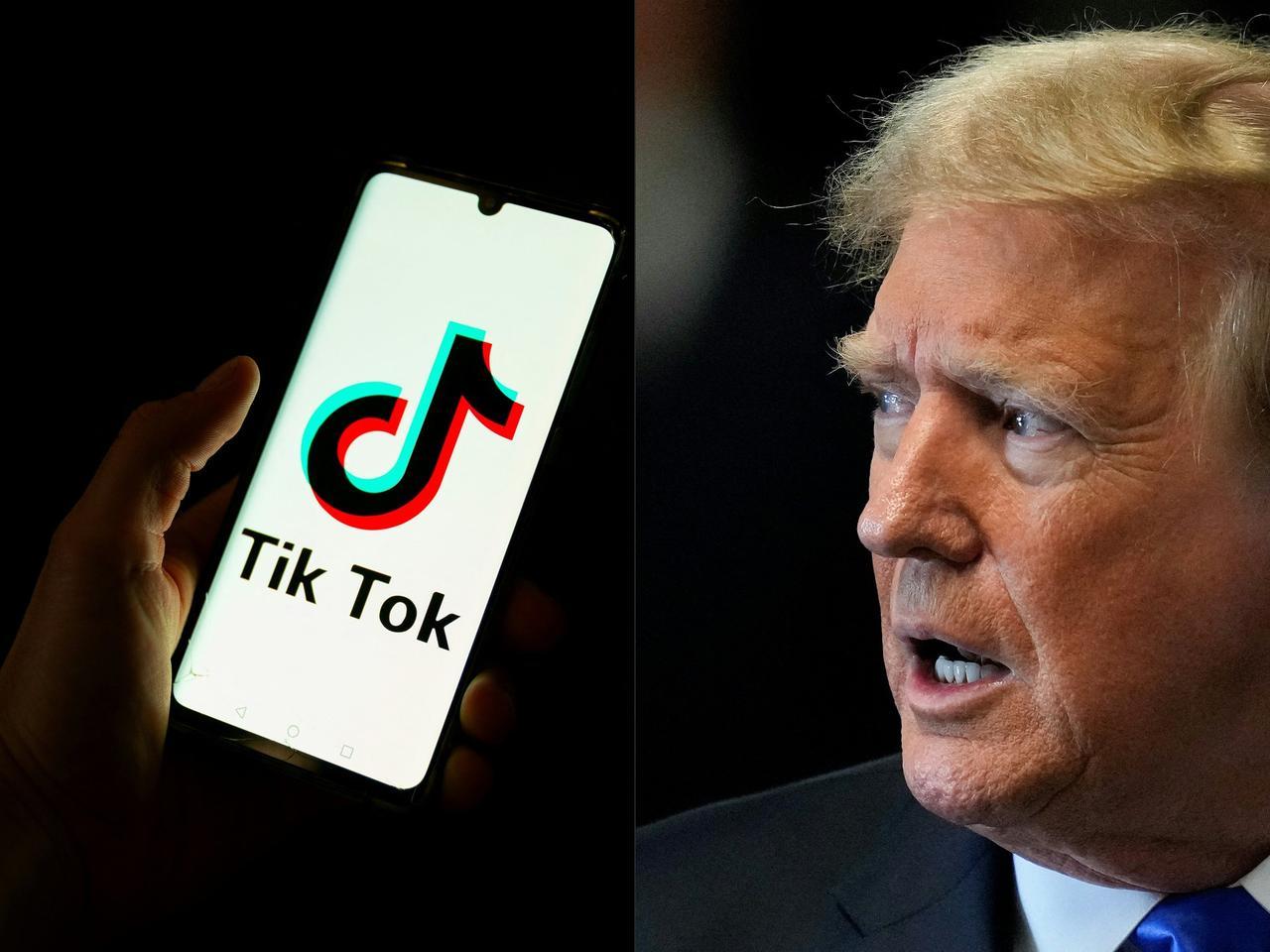
U.S. President Donald Trump announced Friday that he made "progress on many very important issues" during a phone call with Chinese President Xi Jinping, including discussions about transferring ownership of TikTok from Chinese control, though no final agreement was reached.
The conversation marked the second call between the leaders since Trump returned to the White House, as both nations attempt to manage tensions despite ongoing disputes over trade, security and technology. Trump described the talks as "very productive" and revealed plans for multiple future meetings with his Chinese counterpart.

"We made progress on many very important issues including Trade, Fentanyl, the need to bring the War between Russia and Ukraine to an end, and the approval of the TikTok Deal," Trump wrote on his Truth Social platform following the call.
The TikTok discussion comes as the popular social media app faces a potential ban in the United States unless its Chinese parent company, ByteDance, divests its American operations. Congress passed legislation last year during the Biden administration requiring the sale for national security reasons, citing concerns that China could use the platform to collect American user data or influence content.
Trump has repeatedly delayed enforcement of the TikTok ban since taking office, crediting the app with helping his 2024 election victory. On Thursday, he told reporters that under a potential deal, TikTok's US operations would be "owned by all American investors, and very rich people and companies."

However, China offered a more cautious assessment of the negotiations. Beijing emphasized that any business arrangements must follow "market rules" and comply with Chinese laws and regulations.
"On the TikTok issue, Xi noted that China's position is clear: the Chinese government respects the will of enterprises and welcomes them to conduct business negotiations based on market rules, to reach solutions that balance interests and comply with Chinese laws and regulations," a Chinese government statement said.
Beijing also called for the United States to "provide an open, fair, and non-discriminatory business environment for Chinese companies investing in the United States," characterizing the conversation as "frank and in-depth."
Reports suggest a consortium including tech giant Oracle and investment firms Silver Lake and Andreessen Horowitz could take control of TikTok's American business. Oracle's owner, Larry Ellison, is a Trump supporter, which would place another major social media platform under the influence of allies close to the president.

The leaders also discussed broader diplomatic issues, with Trump announcing plans to meet Xi at an Asia-Pacific Economic Cooperation summit in South Korea next month. Trump said he would visit China next year and that Xi would travel to the United States at an unspecified time.
Trade tensions remain a significant backdrop to the relationship. Both countries imposed substantial tariffs on each other's goods during previous disputes, disrupting global supply chains. The current trade agreement, which reduced some duties, expires in November, with the US maintaining 30 percent tariffs on Chinese imports while China imposes 10 percent duties on American products.
Former US trade official Wendy Cutler, now with the Asia Society Policy Institute, noted that critical details about any TikTok arrangement remain unclear, particularly regarding control of the algorithm that powers the platform's content recommendations.
"Beijing is displaying a willingness to play hardball, and a need to get paid by Washington for any concessions it makes," Cutler said.
The diplomatic engagement represents a shift in tone from Trump's campaign rhetoric, when he frequently criticized China as an adversary. The phone call occurred after Trump had accused Xi of conspiring against the United States, though the Chinese statement noted Xi's appreciation for America's role in World War II.
As negotiations continue, both nations appear to be seeking ways to address their complex economic and security relationship while managing domestic political pressures and competing strategic interests.